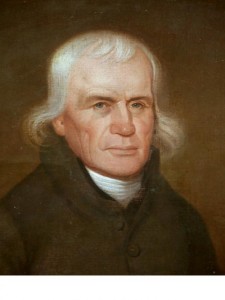
After our fun celebration, I began thinking, “Why is it important to celebrate? Are there good reasons besides the fun?” I remembered immediately that God must have thought it was important as he taught the OT people to set aside time for feasting and rejoicing. Now, in the glow of our big weekend, I can see some of the reasons.
Celebration motivates people to volunteer and identify with the cause.
The energy of the occasion is catching. People like to be a part of a good purpose in a way that is immediate and tangible. Helping out at a celebration provides a positive emotional feedback to the volunteer, especially when coupled with appropriate appreciation from those being helped. Volunteering in turn helps the volunteer to feel more a part of the organization that they helped.
Celebration generates creativity.
We found that the combination of workers thinking together and the challenge of a focused task that they strongly believed in generated much creativity. All kinds of new ideas were spawned in the past few months and many of them were used. One of the biggest examples was the sanctuary makeover. The idea of preparing for the future helped set a climate for change. The creative idea of dividing the front wall between paint and paneling instead of all paneling was accepted by a huge majority. The new design’s decorative flexibility became evident at the 50th as the background of the cross became purple to complement the purple and gold color scheme of the celebration. Enlarging the vestibule and moving the doors to the center created an entrance so natural that it seems like it always should have been like that. For another example, we had done slide shows before on the big screen but never with the music embedded and narration overlaid. Anne Kipping and JoAnne Jones went as far as they could and then called in Josh Basile to put it all together. A third example was the spontaneous recreation of the church sign landscaping by Cindy Centner and Vicki Hilliges. All these examples made it obvious that creativity just happens as we celebrate.
Celebration calls forth profound praise to God.
Sometimes our praises seem rather ordinary, habitual and dutiful. That’s certainly much superior to a lack of praise, but there is more.
